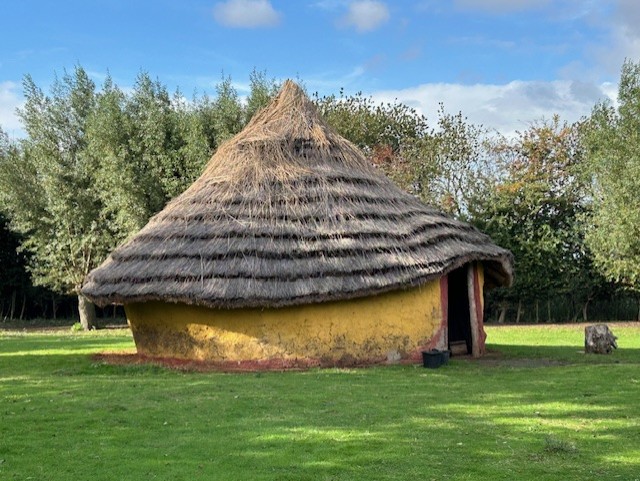
As an English speaker, you already know much more than you may realise….
This site will unpack the hidden links among words that you know, enabling you to see how English words and sounds relate, and how sounds and meanings have changed over time.
Try it!
Over five thousand years ago, there was a group of people speaking a common language – perhaps in Southern Russia and Ukraine, perhaps in or around modern-day Türkiye.
As people moved, spread, and influenced others, this single language gave rise to languages which are now the native tongues of nearly 3.5 billion people, the largest numbers being speakers of Spanish, English, Hindi, Portuguese, Russian and Bengali in that order. Of all the world’s language groups, this group is by far the largest in terms of native speakers.
Furthermore, some of these languages are understood by many people who are not native speakers. English is the largest such example: the number of native English speakers is of the order of 400 million but between 1.5 and 2 billion people understand English.
English has also borrowed very many words from its cousin languages from the same origin. So as one of the vast number of English-speakers, you also ‘know’ by daily use a great deal more about these other languages than most of us realise. Very few people outside the academic world are aware, for example, of the relatively clear ‘sound-codes’ that enable one to see the connections between words that English has inherited from its Germanic origins and words that it has borrowed from these other more distantly-related languages.
The main aim of this website is to introduce people to a simple approach to understanding such connections through concentrating on the first two consonants of English words. It will help you to move from the ‘tacit knowledge’ that all English-speakers share to a more organised knowledge. You will learn about the underlying paths that the sounds of words used by that little group over 5,000 years ago have followed in English and in the related languages from whom English has borrowed so freely. On the way, you will find much to enjoy in how the basic meanings of words in that early language have evolved, often in surprising ways.
As a very few examples of what you will discover:
- What is the link between these four English words with a core meaning about ‘life’: ‘biology’; ‘vitality’; ‘zoo’; and ‘quick’ as in ‘the quick and the dead’?
- How do we know that every English word starting with ‘sk’ is borrowed, not native?
- Why do men have their beards trimmed by a barber?
- What do ‘Garam Masala’, a ‘furnace’ and a ‘thermos’ have in common, and which out of ‘burn’ and ‘warm’ is a related word that English has inherited from Germanic?
What this Site Offers
1.
A set of blogs that will help unlock your tacit knowledge of related languages as a speaker of English.
2.
Each blog includes questions to help you think points through and check your understanding.
3.
A page where you can exchange ideas about links between English words and names that you know.



